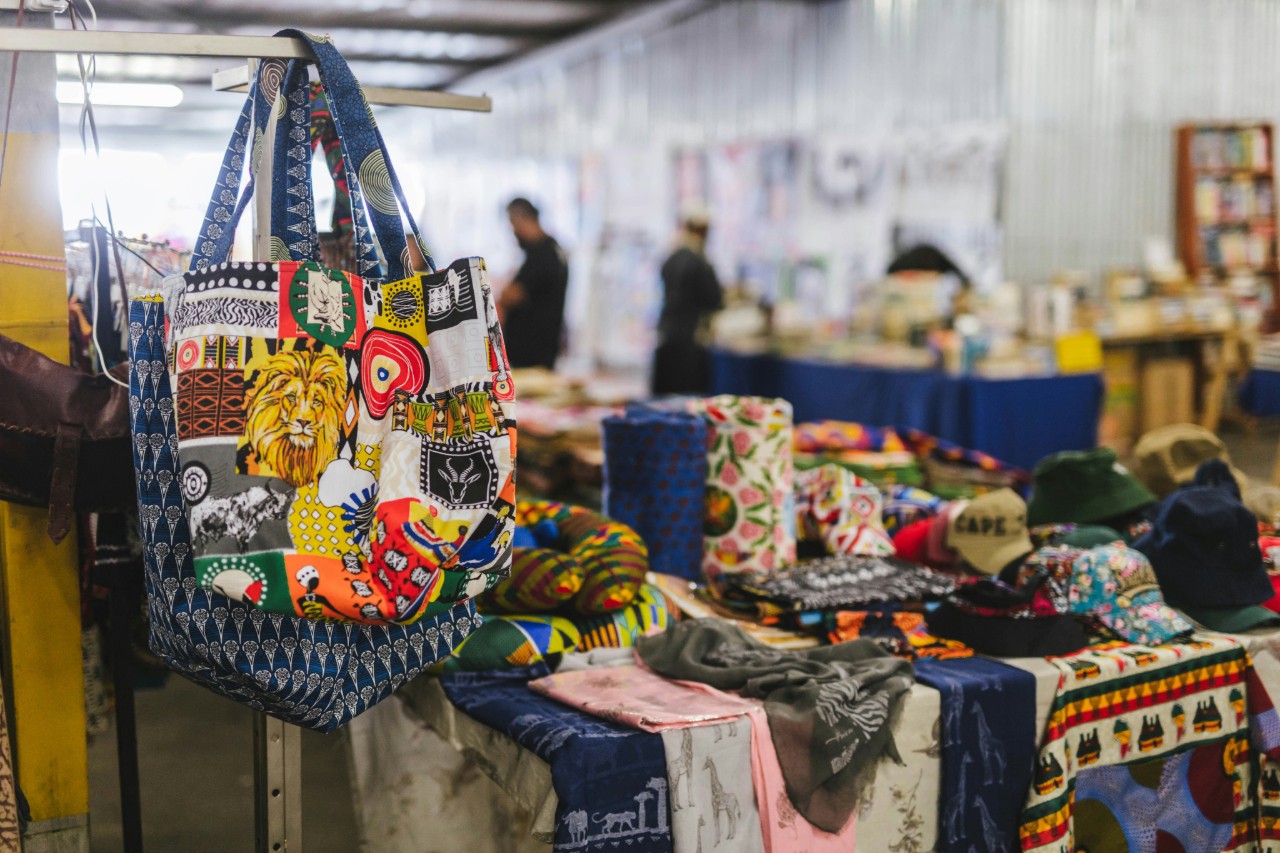Joel Bothello is an Associate Professor in Management at the John Molson School of Business and Concordia University Research Chair in Resilience and Institutions. His research interests revolve around how organizations and individuals respond to institutional and market demands. His main project focuses on the townships of Cape Town, South Africa, where he studies informal economy entrepreneurship.
article
Community over competition: How urban informal economies create sustainable livelihoods
 Photo by Vije Vijendranath on Unsplash
Photo by Vije Vijendranath on Unsplash
In recent years, many emerging economies have experienced a drive to develop entrepreneurship in their countries. Western development initiatives in these countries — in Africa, in particular — typically focus on increasing formalization, competition and supporting individual businesses. The goal is to "raise the ceiling" for those individual entrepreneurs who face barriers to growth and success.
Yet these interventions often disrupt the vital collective structures that are already in place that prevent destitution. In Africa, urban informal economies are not chaotic obstacles to development but resilient systems with sophisticated social structures that protect vulnerable communities.
Joel Bothello, an associate professor in the Department of Management and his colleague Tim Weiss from Imperial College London, investigate the need for development agendas to understand context, in their article, "Strengthening Africa’s Urban Informal Economies,” published in the Stanford Social Innovation Review.
Thriving through collaboration
In Nairobi's Dagoretti Corner, 105 similar car repair businesses thrive through collaboration rather than competition. These businesses, appearing redundant to Western observers, actually form a robust social-welfare system. Mechanics save collectively through "chamas" (informal savings groups), provide apprenticeships for rural migrants and maintain an informal insurance system where contributions are tracked in ledgers and given to those facing hardship — embodying the Kenyan principle of "Harambee" or "pulling together."
Meanwhile, in South Africa's Delft township, entrepreneurs — primarily women — intentionally hide their businesses from public view, operating from homes without signage, identifiable only through subtle markers like bottle caps on lawns. This concealment isn't a limitation but a protection strategy against crime, corruption and xenophobia. Their deep community connections ensure steady clientele without advertising.
If mechanics in Dagoretti Corner were encouraged to disperse for competitive advantage, their mutual support system would collapse. If entrepreneurs in Delft were pushed toward visibility and formalization, they would face increased risk.
Creating pathways to growth
Instead, Bothello and Weiss advocate for an "asset-based approach" that strengthens existing community solutions — "reinforcing the floor" rather than “raising the ceiling.” This means supporting local financial systems like informal lending rather than pushing formal banking, enhancing informal apprenticeship networks that absorb migrants, collaborating with community-based research organizations and creating pathways to growth that preserve collective supports.
The approach recognizes that seemingly inefficient practices — business clustering, concealment, anti-competitive norms — are actually sophisticated strategies adapted to harsh environments where formal protections are absent. Development initiatives should identify and reinforce these indigenous solutions rather than replacing them with Western models.
Building on what works
As Africa's urban population grows by a projected 900 million by 2050, strengthening these informal economies becomes crucial. They already provide more than half of employment in low-income countries and serve as critical safety nets. By building on what works — the mutualistic bonds and community embeddedness that allow businesses to survive despite crime, corruption and government neglect — development can help create sustainable livelihoods without destroying vital social fabrics.
The key insight: successful development must start by understanding the social orders already functioning effectively in informal economies, rather than imposing external visions of what economic activity should look like.



